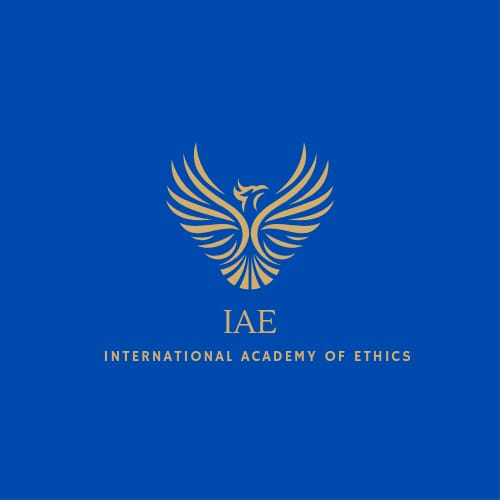WAS A PANELIST ON THE
AGE OF MORAL ARIDITY
AND INSENSITIVITY.
HERE IS HIS TAKE :
In my text, I would like to express some reflections on the causes and origins of the age of moral aridity and insensitivity. I believe that this age has been prepared, at least in a certain measure and in some countries: moral aridity and insensitivity are, in my opinion, the consequences of the emergence of intellectual aridity due to a specific education proposal. Therefore, the age of moral aridity and insensitivity has not come about accidentally. I believe that, in general, the ends of education are decisive: the mind is, and becomes different depending on the education: education is the decisive aspect for the development of the individual and the organisation of the society.
I think that the origin of the age of aridity and insensitivity consists in the proposals which, as far as I can remember, began – at least in Western Europe – in the seventies of the past century: as the model of education was mainly proposed a programme concentrated on the technique and on technical matters. All other matters, independently of what matters they were, were considered as subordinated to the technical education. In other words, exclusively a technical education was regarded as relevant; all other matters were regarded as not having the same relevance as the technical education has, or were regarded as not relevant at all. The aim of the mentioned education proposal consists in building a trap for the mind through a system of education which opposes any kind of individual’s transcendent thinking.
I wish to specify that I have nothing against technical education: in the present context, the question regards the equilibrium between the different matters so that technical education should not be evaluated as the only relevant matter.
The insistence on the absolute centrality of technical education had – and has – specific consequences: the centrality of technical education meant, for instance, that knowing poetry was not regarded as relevant. Knowing poetry was not regarded as relevant for the formation of an individual: exclusively technical matters were considered as mental resources.
The project of an education concentrated exclusively on technical matters has precise consequences, i.e., specific matters find little attention or no attention at all within this system of education: poetry, theology, divinity, literature, philosophy, arts, aesthetics and so on find little space or no space at all for the formation of an individual.
Moreover, the thought of transcendence and of a transcending dimension ought to be abandoned. Within a system of education privileging technical thought, the world is considered as having exclusively one dimension. Reality should be accepted as it is. The world is given once and for all: there is no alternative to the world as it is. People should accept the world as it is. They should have no hope in a change of reality since reality cannot be changed. A substantial uniformity of mind should be imposed on the people with a reduction of thought to some few principles: cultural pluralism and differences between people should be eliminated since cultural diversities are not relevant in comparison with the exclusively technical thought.
The aim of the proposal of a technical education as the only relevant education matter consists in trapping the individual’s mind in a cage, and in transforming the individual’s mind into a cage. The refusal of the attitude of hope as such corresponds to this aim: refusal of hope means chaining the mind; it means eliminating the concept of possible and of possibility as such.
All in all, the enemies of the exclusively technical thought are hope, creativity and transcendence. A specific conception of the formation of the mind is destroyed through the exclusive attention for the exclusively technical thought. The consequent intellectual aridity which comes about through the elimination of the idea of transcendence has, in my opinion, precise repercussions for morality: intellectual aridity and insensitivity bring about moral aridity and insensitivity. It is therefore no wonder at all that an age of moral aridity and insensitivity has emerged.
